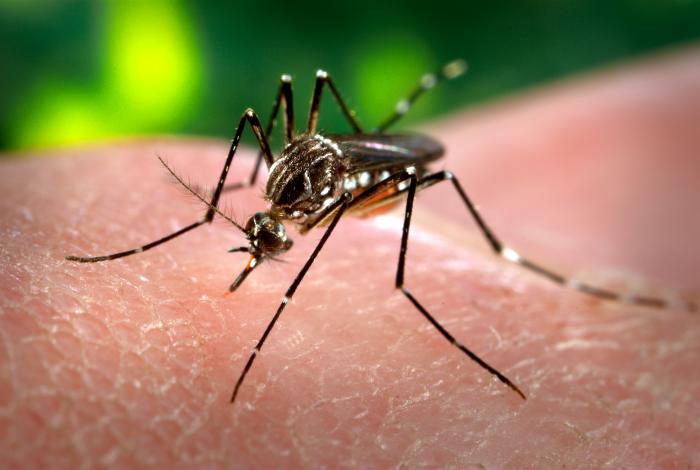
Yale Scientists Create Novel Framework to Detect Hidden Virus Outbreaks
In 2016, a Zika epidemic raged across the Americas, leading to more than 1,263 reported infections. Zika is a mosquito-borne virus that has been linked

In 2016, a Zika epidemic raged across the Americas, leading to more than 1,263 reported infections. Zika is a mosquito-borne virus that has been linked

If you have ever had an MRI or PET scan, you may have wondered how doctors interpret those images of your brain. For decades, they
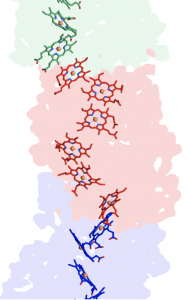
Picture this: Mother Nature, safety glasses on, soldering iron in hand. If Mother Nature held any occupation, few would suggest that she would be an
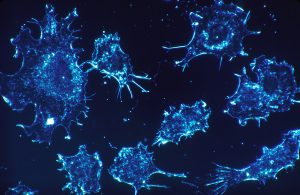
Many standard cancer treatments, like radiotherapy and chemotherapy, attempt to create damage in the DNA of cancer cells. Unfortunately, these treatments are often ineffective because
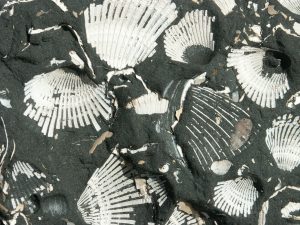
Evolutionarily speaking, smell was the first sense to develop, and yet we still know so little about it. We measure light intensity in watts and
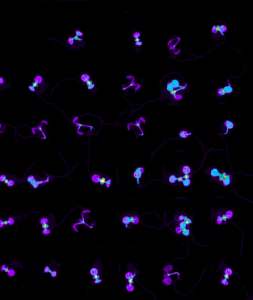
Circadian rhythms are biological clocks that regulate all organisms’ day-night cycles. Professor Josh Gendron and his team recently shed light on how Arabiposis plants regulate

Wiggle your fingers. There should be ten of them. Now wiggle your toes. Still ten, right? We’re obviously not the only species that have digits.
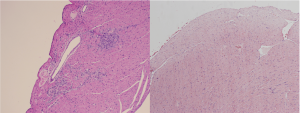
It is well known that trillions of microorganisms populate our guts and perform a multitude of beneficial functions, including digestion. However, new research by Yale

Branded as a safer alternative to smoking, e-cigarettes have become widely popularized among teenagers and adults. However, with the recent rise of reported vaping-related deaths,
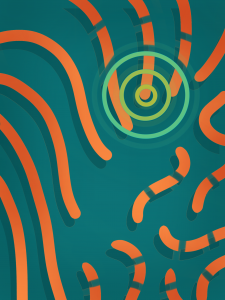
What can viruses, culprits of the flu, or even worse pathogens teach us about our biochemistry? For decades, viruses have brought scientists from a wide
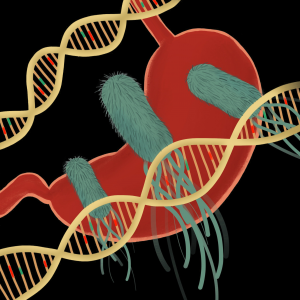
Humans have a complicated relationship with bacteria. Some are “germs,” pesky agents of infection that infiltrate us from the outside. Others live inside us as
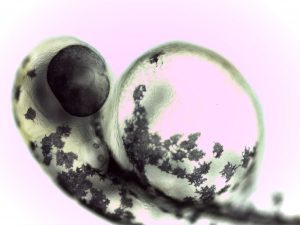
Every one of us started out as an undifferentiated mass of cells known as the embryo. This small cluster of cells is not unlike a